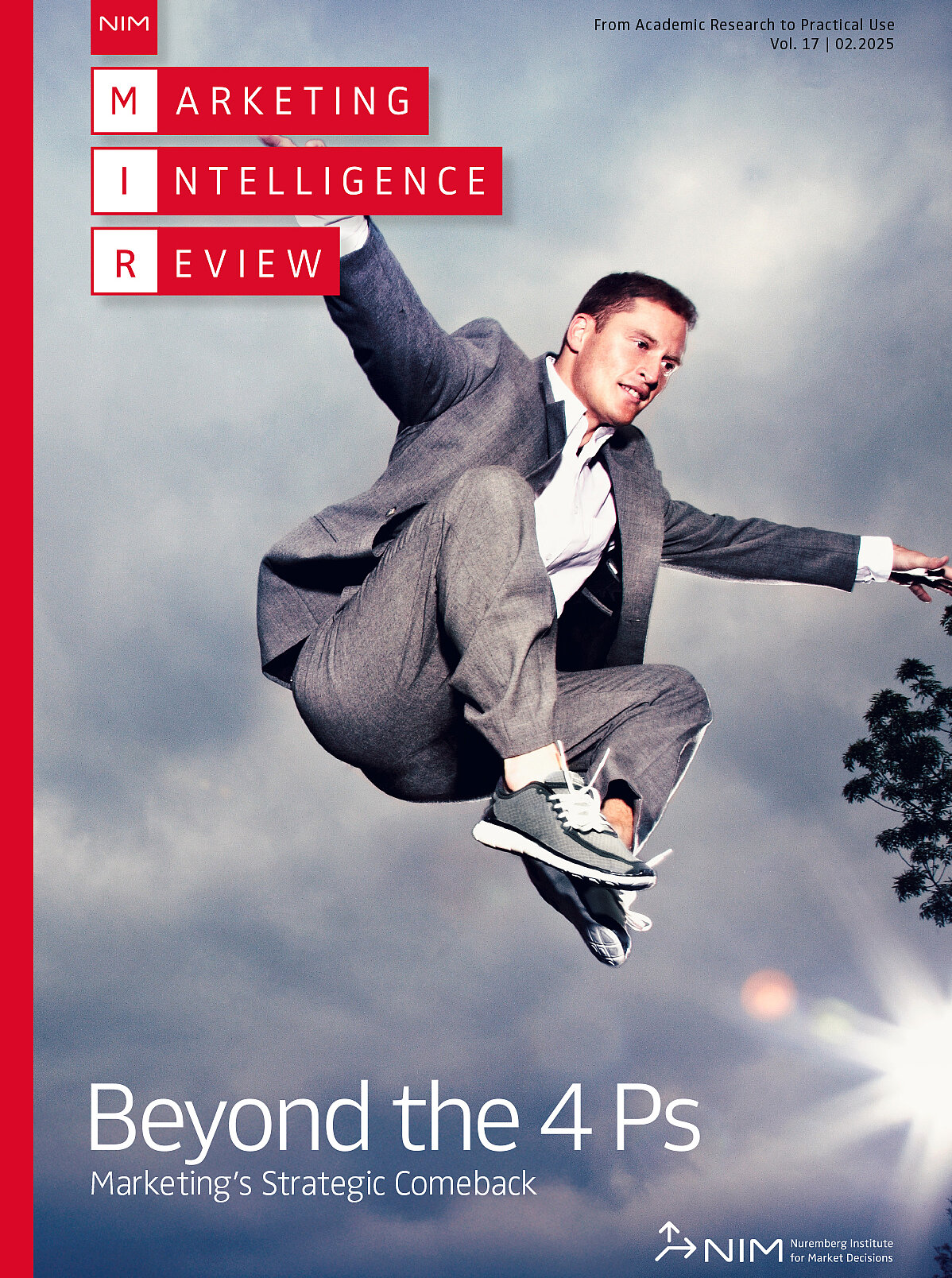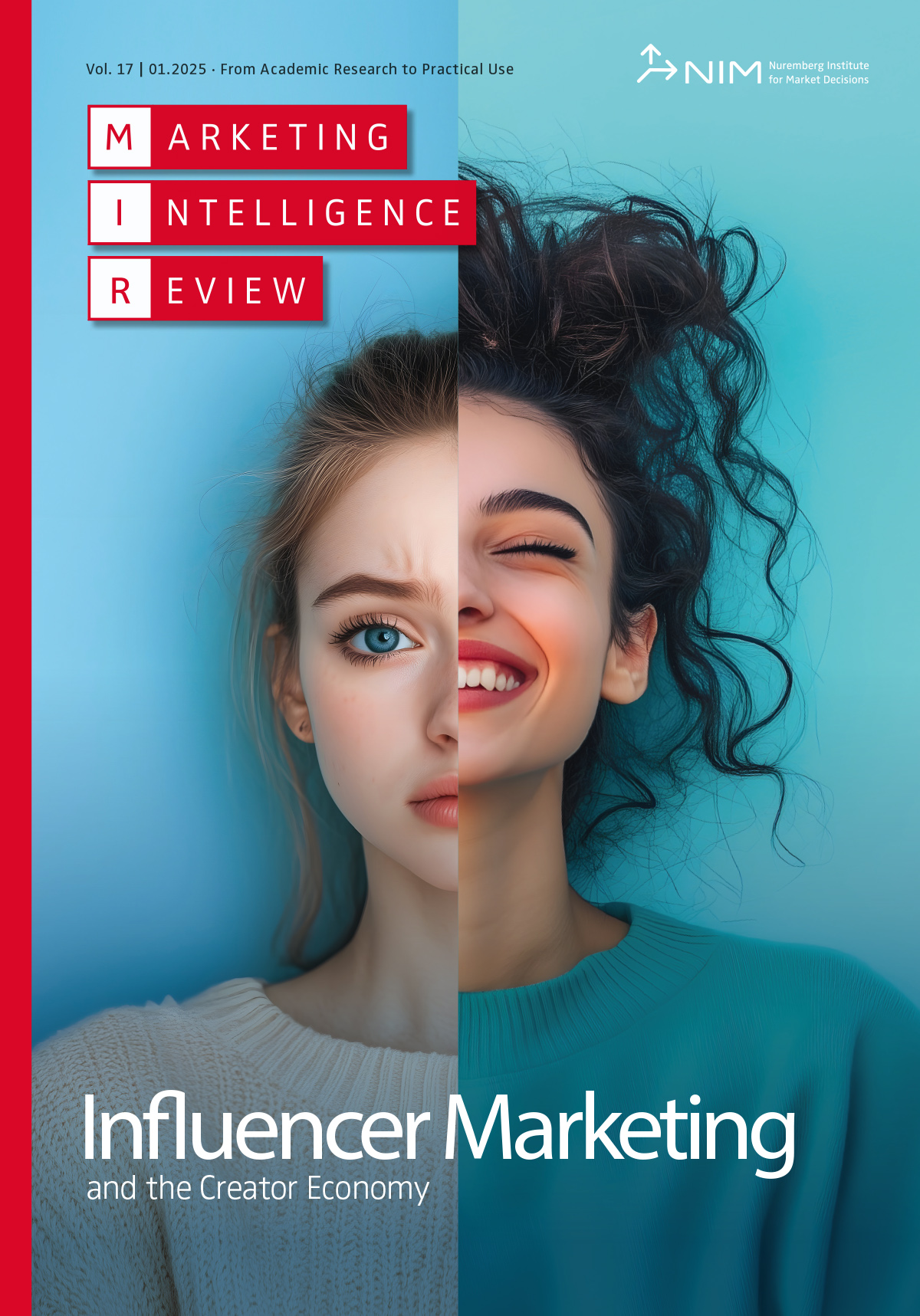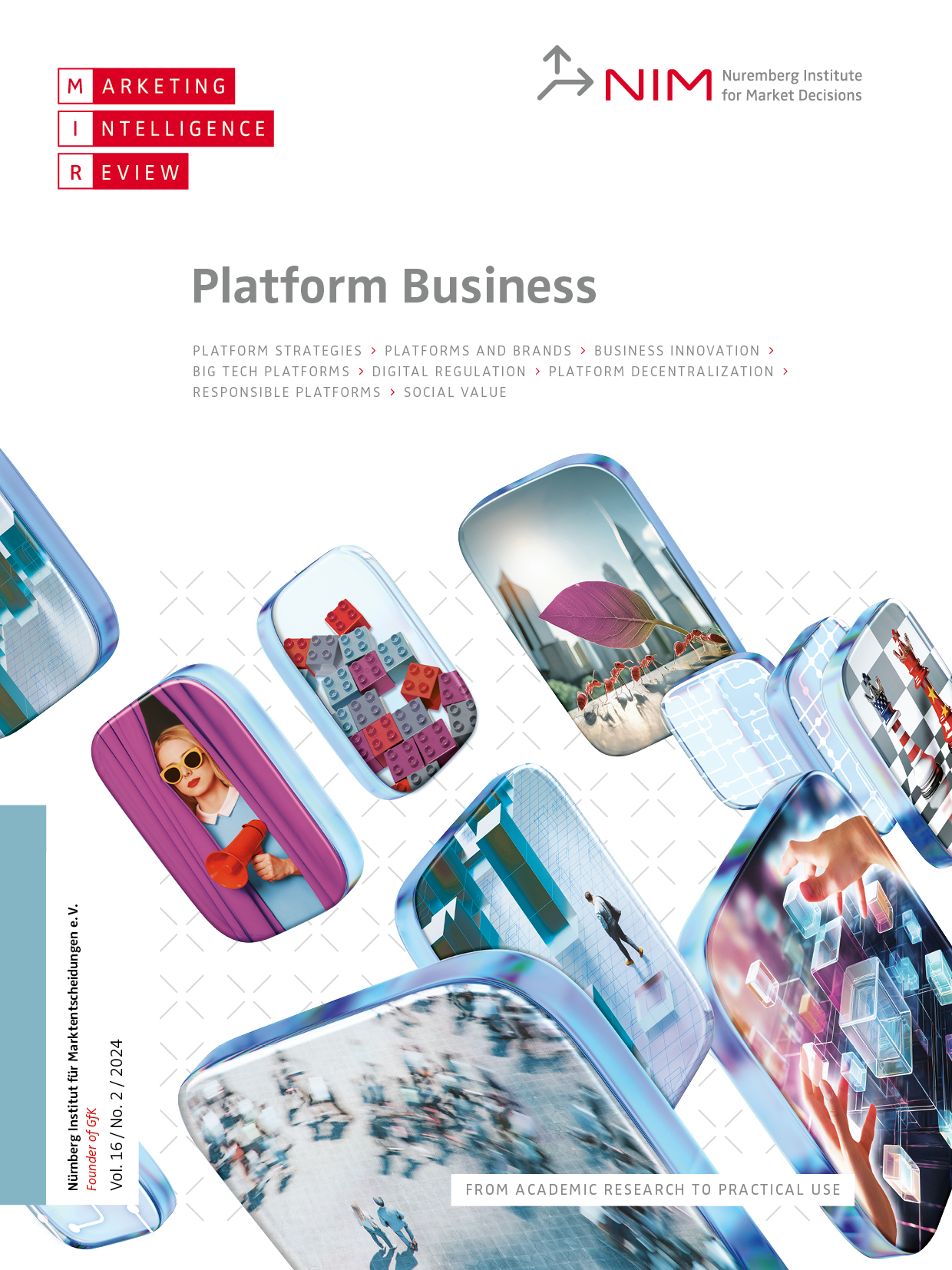Interview: Connecting Everything With Everything: The Sky Is the Limit
Interview with Linden Tibbets, Co-founder and CEO of the services platform IFTTT, San Francisco, CA, USA
IFTTT is a neutral platform that offers easy and free ways to get all your apps and devices talking to each other. Millions of users worldwide have enabled more than 75 million Applets for over 600 services that already cooperate with the platform. Linden Tibbets, co-founder and CEO of IFTTT, explains that everything in the future will be a digital service. Connecting all these services is a tricky task and many companies are struggling with making these connections. Tibbets explains how the IFTTT platform tackles these interfaces and functions and how end users and companies can get more value from being able to connect just about everything with everything.

![[Translate to English:] [Translate to English:]](/fileadmin/_processed_/9/3/csm_intro_hoffman_novak_vol_10_no_2_deutsch_b06cff2ca6.png)
![[Translate to English:] [Translate to English:]](/fileadmin/_processed_/2/1/csm_puntoni_vol_10_no_2_deutsch_2f0d92add3.png)
![[Translate to English:] [Translate to English:]](/fileadmin/_processed_/9/1/csm_2018_mir_iot_english_Art3_8ee425d6a2.png)
![[Translate to English:] [Translate to English:]](/fileadmin/_processed_/c/0/csm_2018_mir_iot_english_Art4_9a079f59e4.png)
![[Translate to English:] [Translate to English:]](/fileadmin/_processed_/e/7/csm_rand_vol_10_no_2_deutsch_8cf809b5c9.png)
![[Translate to English:] [Translate to English:]](/fileadmin/_processed_/0/5/csm_pavlou_vol_10_no_2_deutsch_89b7b78565.png)
![[Translate to English:] [Translate to English:]](/fileadmin/_processed_/4/4/csm_aunkofer_vol_10_no_2_deutsch_81d4ba3396.png)


